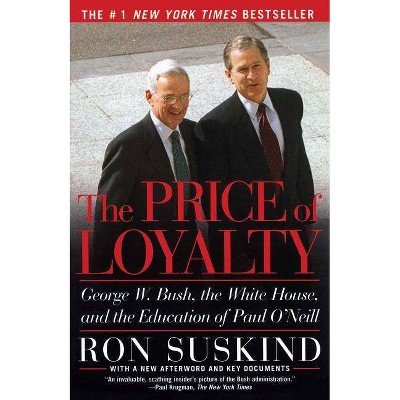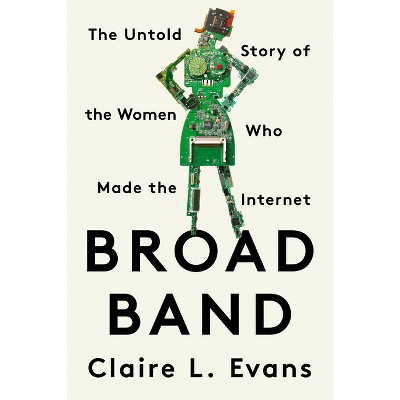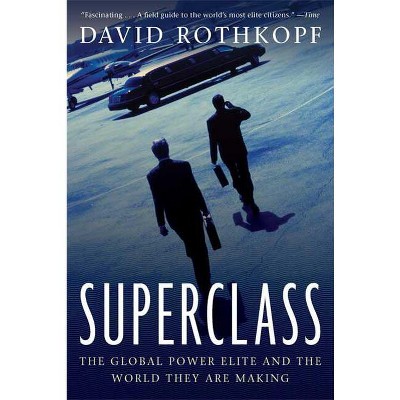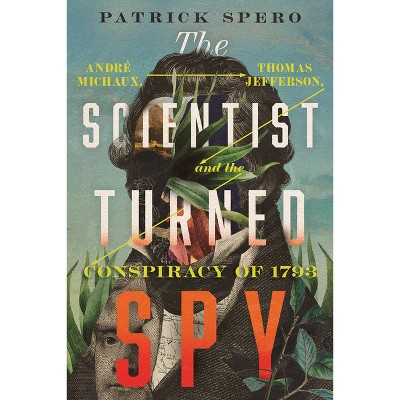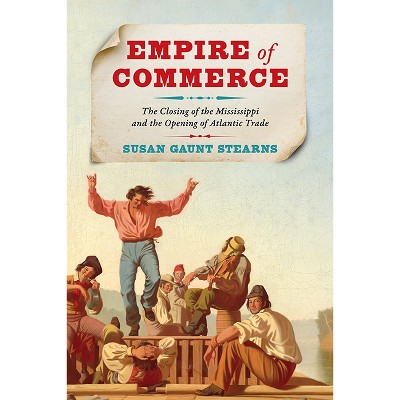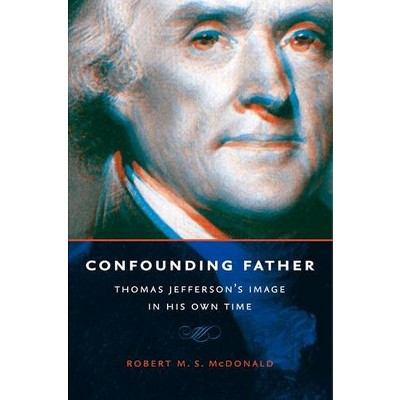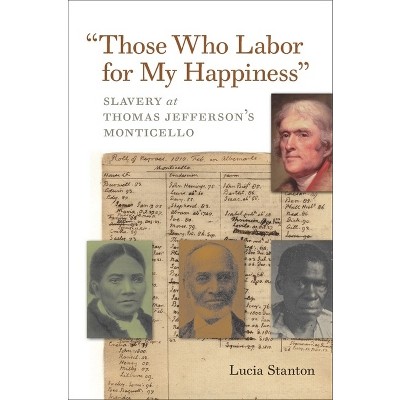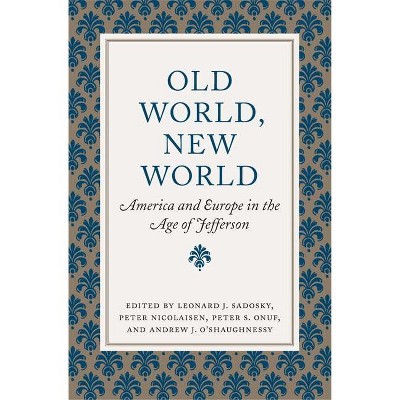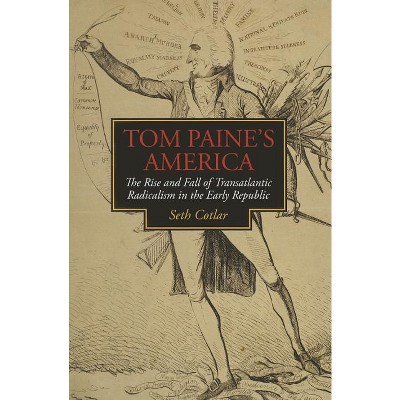Sponsored

Sacred Capital - (Jeffersonian America) by Hunter Price (Paperback)
In Stock
Sponsored
About this item
Highlights
- How Methodist settlers in the American West acted as agents of empire In the early years of American independence, Methodism emerged as the new republic's fastest growing religious movement and its largest voluntary association.
- About the Author: Hunter Price is Associate Professor of History at Western Washington University.
- 280 Pages
- History, United States
- Series Name: Jeffersonian America
Description
About the Book
"How Methodist settlers in the American West acted as agents of empire In the early years of American independence, Methodism emerged as the new republic's fastest growing religious movement and its largest voluntary association. Following the contours of settler expansion, the Methodist Episcopal Church also quickly became the largest denomination in the early American West. With Sacred Capital, Hunter Price resituates the Methodist Episcopal Church as a settler-colonial institution at the convergence of "the Methodist Age" and Jefferson's "Empire of Liberty." Price offers a novel interpretation of the Methodist Episcopal Church as a network through which mostly white settlers exchanged news of land and jobs and facilitated financial transactions. Benefiting from Indigenous dispossession and removal policies, settlers made selective, strategic use of the sacred and the secular in their day-to-day interactions to advance themselves and their interests. By analyzing how Methodists acted as settlers while identifying as pilgrims, Price illuminates the ways that ordinary white Americans fulfilled Jefferson's vision of an Empire of Liberty while reinforcing the inequalities at its core"--Book Synopsis
How Methodist settlers in the American West acted as agents of empire In the early years of American independence, Methodism emerged as the new republic's fastest growing religious movement and its largest voluntary association. Following the contours of settler expansion, the Methodist Episcopal Church also quickly became the largest denomination in the early American West. With Sacred Capital, Hunter Price resituates the Methodist Episcopal Church as a settler-colonial institution at the convergence of "the Methodist Age" and Jefferson's "Empire of Liberty." Price offers a novel interpretation of the Methodist Episcopal Church as a network through which mostly white settlers exchanged news of land and jobs and facilitated financial transactions. Benefiting from Indigenous dispossession and removal policies, settlers made selective, strategic use of the sacred and the secular in their day-to-day interactions to advance themselves and their interests. By analyzing how Methodists acted as settlers while identifying as pilgrims, Price illuminates the ways that ordinary white Americans fulfilled Jefferson's vision of an Empire of Liberty while reinforcing the inequalities at its core.Review Quotes
Filled with subtleties and insights on Methodism as understood and practiced in the new nation . . . Well written and deeply researched, it will force scholars to look at the settlement process and experience with new appreciation for religion's central role and to appreciate that for many Americans, and certainly Methodists, the spiritual and the secular were (are) never far apart.
--Journal of Southern HistoryWith the publication of Sacred Capital, Hunter Price offers a fresh and important study of one of the most consequential cultural forces in the first decades of the United States: the Methodist Episcopal Church. This impressive book makes valuable contributions to the study of migration in the early American republic, the history of American religion, and especially the cultural history of American capitalism.
--William and Mary QuarterlyPrice gives a welcome account of the intimate connections the Methodist Episcopal Church (MEC) made that the federal government could only dream of. In doing so, Price delves into the ecclesiastical structure and hierarchy of the MEC to show how this transcontinental organizational network existed through a relay of individuals--a denominational meets social history.--Wesley and Methodist Studies
Sacred Capital is well written, well researched, and contextualized. While Methodism as an agent of settler colonialism is the primary focus of the work, Price deftly weaves in several different threads, including issues of race, gender, and class, taking care not to separate the story of Methodism from other developments in the early republic, including increasing antislavery activism, and the growing sectional crisis. The author avoids myopia, while providing a thorough treatment of his topic: a difficult task, particularly in a book that maintains a manageable page count. Price makes excellent use of the existing literature to show the unique contribution his study makes to this field. His archival research especially shines. Sacred Capital expertly uses primary materials not only to piece together the skeleton of his argument but to craft compelling personal stories to demonstrate his major points....An important work for historians of the early republic, religious scholars, western historians, and those interested in the intersection of race, gender, and social class.--Journal of the Early Republic
About the Author
Hunter Price is Associate Professor of History at Western Washington University.Shipping details
Return details
Frequently bought together
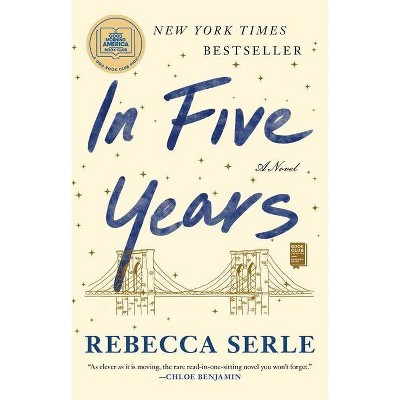

Trending Non-Fiction






